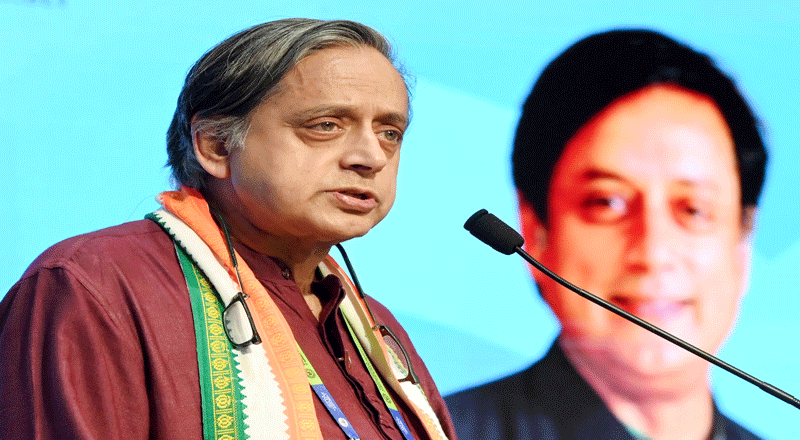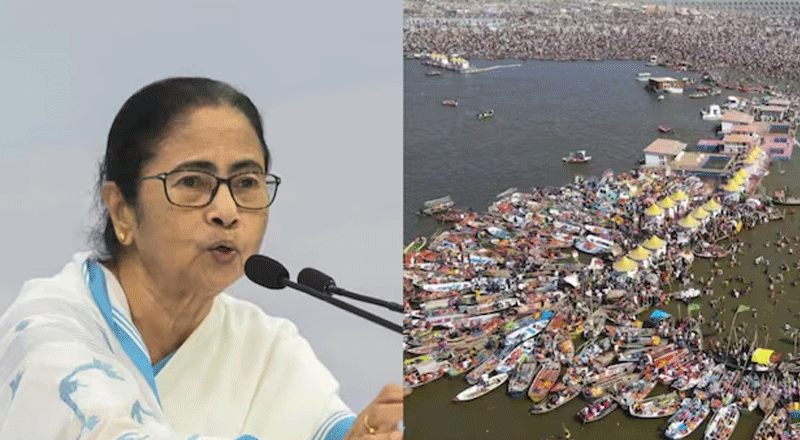- In a remarkable electoral feat, the Bharatiya Janata Party (BJP) clinched its third consecutive victory in Arunachal Pradesh.
- While the BJP emerged as the dominant force in Arunachal Pradesh, other political parties secured a limited share of seats.
- Simultaneously, the Sikkim Krantikari Morcha (SKM) retained power in Sikkim, asserting its dominance with a commanding victory in 21 out of the 32 assembly seats.
- Turning to Sikkim, the SKM reaffirmed its popularity by securing a decisive victory, winning 21 out of the 32 assembly seats.
- The electoral outcomes in both Arunachal Pradesh and Sikkim underscore the electorate’s endorsement of continuity and stability in governance.
In a remarkable electoral feat, the Bharatiya Janata Party (BJP) clinched its third consecutive victory in Arunachal Pradesh, securing a resounding majority with an impressive tally of 46 out of 60 seats in the assembly. Simultaneously, the Sikkim Krantikari Morcha (SKM) retained power in Sikkim, asserting its dominance with a commanding victory in 21 out of the 32 assembly seats.
Arunachal Pradesh witnessed a clear mandate in favor of the BJP, with the party emerging victorious in 36 out of the 50 contested seats. Notably, Chief Minister Pema Khandu was among the 10 candidates who secured victory unopposed, further solidifying the BJP’s grip on power in the state. Prime Minister Narendra Modi expressed his gratitude to the people of Arunachal Pradesh for their unwavering support, acknowledging their endorsement of the BJP’s development-oriented agenda. He commended the tireless efforts of BJP workers, whose dedication played a pivotal role in connecting with voters across the state. This victory marks a significant milestone for the BJP, which had previously won 41 seats in the 2019 elections.
While the BJP emerged as the dominant force in Arunachal Pradesh, other political parties secured a limited share of seats. The National People’s Party (NPP) managed to secure five seats, while the People’s Party of Arunachal and the Nationalist Congress Party (NCP) won two and three seats, respectively. The Congress, however, faced a setback with only one seat to its credit, while independent candidates emerged victorious in three constituencies.
Turning to Sikkim, the SKM reaffirmed its popularity by securing a decisive victory, winning 21 out of the 32 assembly seats. Led by Chief Minister Prem Singh Tamang, commonly known as P.S. Golay, the SKM demonstrated its strong electoral appeal for the second consecutive term. Chief Minister Tamang secured victory in the Rhenock seat by a substantial margin and also led in the Soreng Chakung constituency. Additionally, Krishna Kumari Rai, the wife of Chief Minister Tamang, emerged victorious from the Namchi-Singhithang assembly constituency, defeating her nearest rival by a significant margin.
The electoral outcomes in both Arunachal Pradesh and Sikkim underscore the electorate’s endorsement of continuity and stability in governance. As the BJP celebrates its historic victory in Arunachal Pradesh and the SKM consolidates its position in Sikkim, these states are poised to embark on a path of progress and development under the leadership of their respective ruling parties.
(With inputs from agencies)





